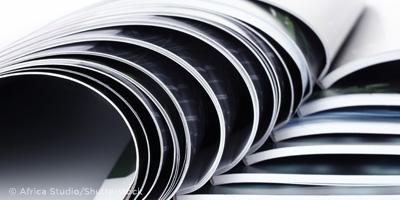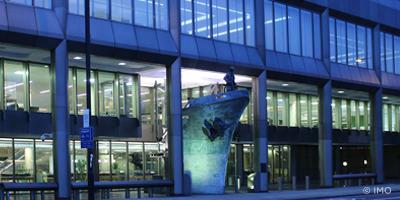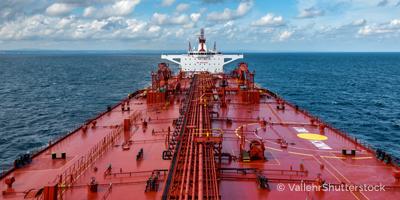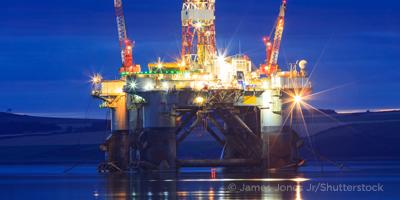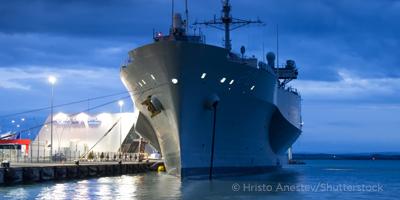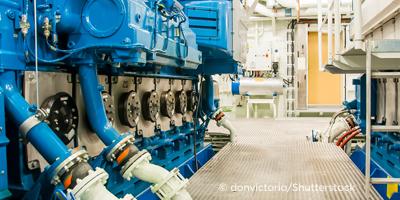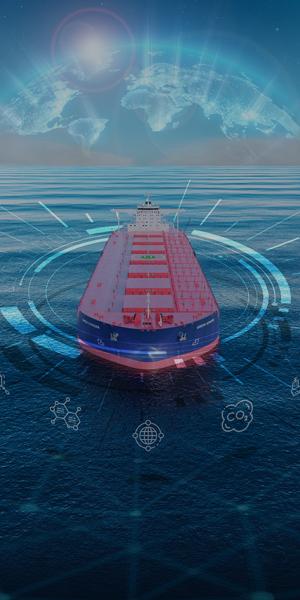Quick Links
- Rules and Resources
-
Services
Quick Links
Sustainability and Decarbonization- Energy Efficiency Existing Ship Index (EEXI)
- Sustainability Reporting and Assurance
- Simulation-based Energy Efficiency Evaluation Service (SIM EEE)
- Greenhouse Gas (GHG) Rating Improvement
- Greenhouse Gas Inventory and Carbon Accounting
- Carbon Capture, Utilization, and Storage (CCUS)
- Alternative Fuel Options
- Alternative Power Sources
- Marine Sustainability
- Offshore Sustainability
- Green Shipping Corridors
- Methanol Value Chain
- Gas
- Carbon Intensity Indicator (CII)
- Ammonia Value Chain
- Carbon Diligence Platform
- Marine Sustainability
-
Innovation and Technology
Quick Links
-
News and Events
Quick Links
-
About
Quick Links
- Rules and Resources
- Services
- Innovation and Technology
- News and Events
- About Us and Careers
- Rules and Resources
- Rules and Guides
- Regulatory Updates
- Advisories and Debriefs
- Flag and Port State
- Engineering Software
- Engineering Reviews
- ABS MyFreedom™ Portal
- Databases
- Forms
- Services
- Classification
- Approval and Certification
- Company and Ship Audits
- Global Marine
- Global Offshore
- Global Offshore Wind
- Global Government
- Sustainability and Decarbonization
- Digital Solutions
- Cybersecurity
- Maritime Training
- Innovation and Technology
- Technology Advancement
- Academic Engagement
- Industry Partnerships
- Data and Digitalization
- Knowledge Center
- About Us and Careers
- Who We Are
- Safety
- Careers
- Contact Us
International Code of Safety for Ships Using Gases or Other Low Flashpoint Fuels (IGF Code) Updates
Regulation 6.7.1.1 of the IGF Code was amended to remove “tank cofferdams” as spaces requiring a pressure relief system to correct inconsistencies between the IGF Code and IGC Code. Tank cofferdams must be kept gastight and appropriately ventilated. A comparable paragraph in the IGC Code does not include tank cofferdams in the requirements for pressure relief systems. In paragraph 11.3.3 of the IGC Code, cofferdams for fire protection are not expected to be subject to leaks from fuel containment systems because LNG fuel pipes are routed through such spaces and protected by a secondary enclosure, as required by paragraph 9.5.1 of the IGF Code.
Effective Date: January 1, 2024
Source: MSC.475(102)
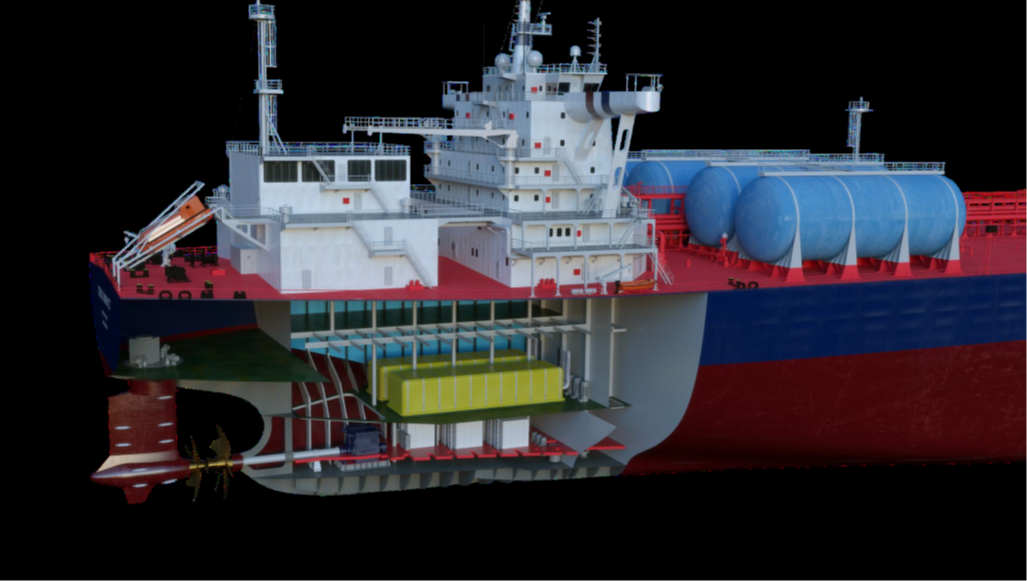
A new Regulation 11.8 was added to the IGF Code to enhance safety in fuel preparation rooms containing pumps, compressors, or other potential ignition sources by requiring the installation of a fixed fire extinguishing system. Such systems must also comply with Regulation 10.4.1.1 of SOLAS Chapter II 2.
Effective Date: January 1, 2024
Sources: MSC.475(102)
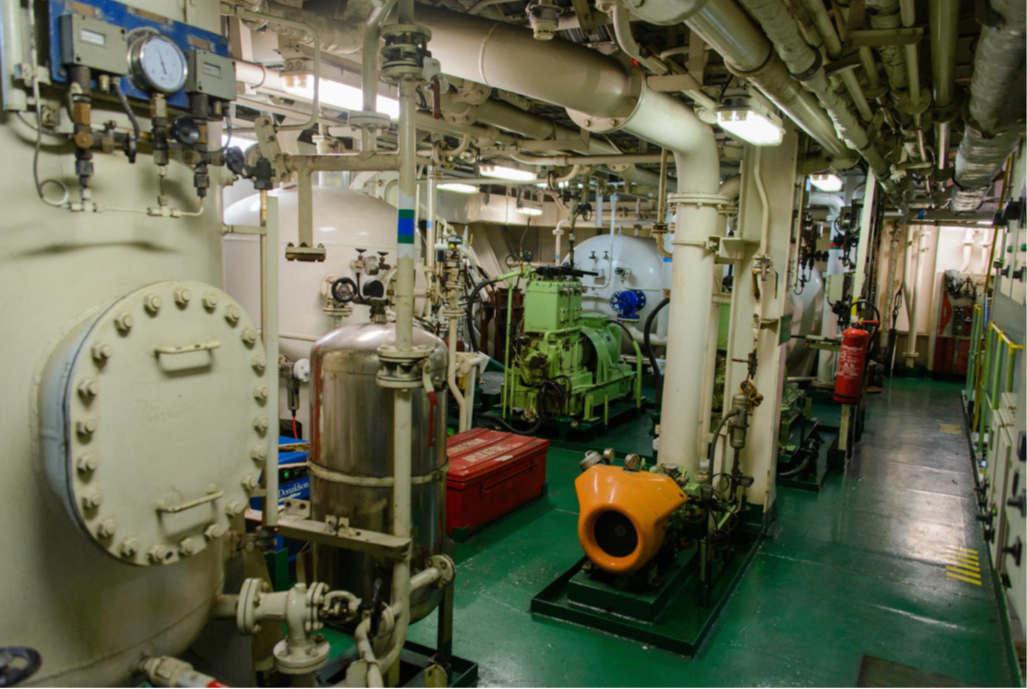
A minor amendment was made to the requirements for welding procedure tests for cargo tanks and process pressure vessels to broaden the scope of requirements for cross weld tensile strength. Previously worded to apply to “aluminum alloys,” the requirement will now be more broadly applicable to “materials such as aluminum alloys.” The amendment is intended to clarify the broader application of tensile tests to metallic materials rather than just aluminum.
Effective Date: January 1, 2024
Source: MSC.475(102)

© 2023 American Bureau of Shipping. All rights reserved.



